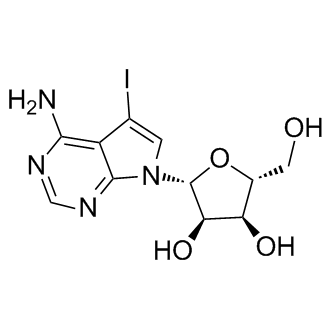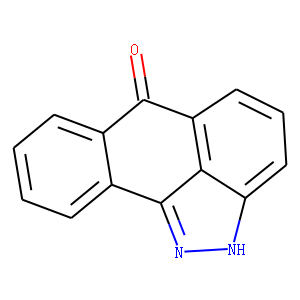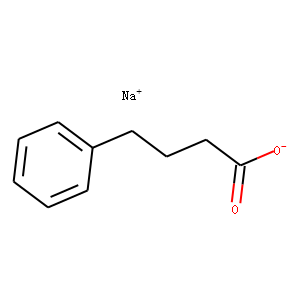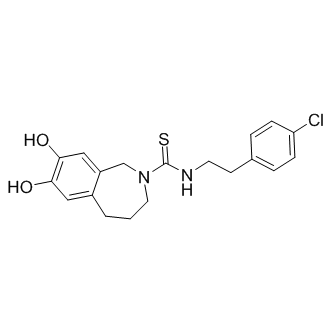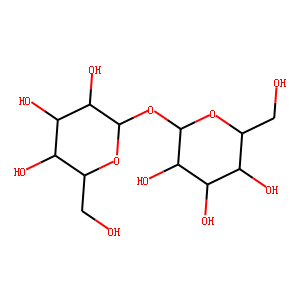Parkinson's Disease
Parkinson's disease (PD) is a progressive neurodegenerative disorder that primarily affects movement control, resulting from the gradual loss of dopamine-producing neurons in the brain. Dopamine, a crucial neurotransmitter, facilitates smooth and coordinated muscle movements. When dopamine levels decrease, symptoms such as tremors, muscle stiffness, slowness of movement, and impaired balance emerge. PD also impacts non-motor functions, causing issues like sleep disturbances, mood changes, and cognitive decline. The exact cause of Parkinson's is unclear, but genetic factors, environmental exposures, and age-related changes are believed to contribute. While there is no cure, treatments aim to manage symptoms, typically through medications like levodopa, dopamine agonists, and MAO-B inhibitors to improve dopamine levels. Advanced therapies include deep brain stimulation (DBS), targeting movement symptoms when medications are less effective. Ongoing research focuses on disease-modifying therapies, neuroprotection, and innovative approaches to halt disease progression. Early diagnosis and symptom management are essential to improving quality of life for those affected. Parkinson's disease is a major research focus due to its impact on millions worldwide.

